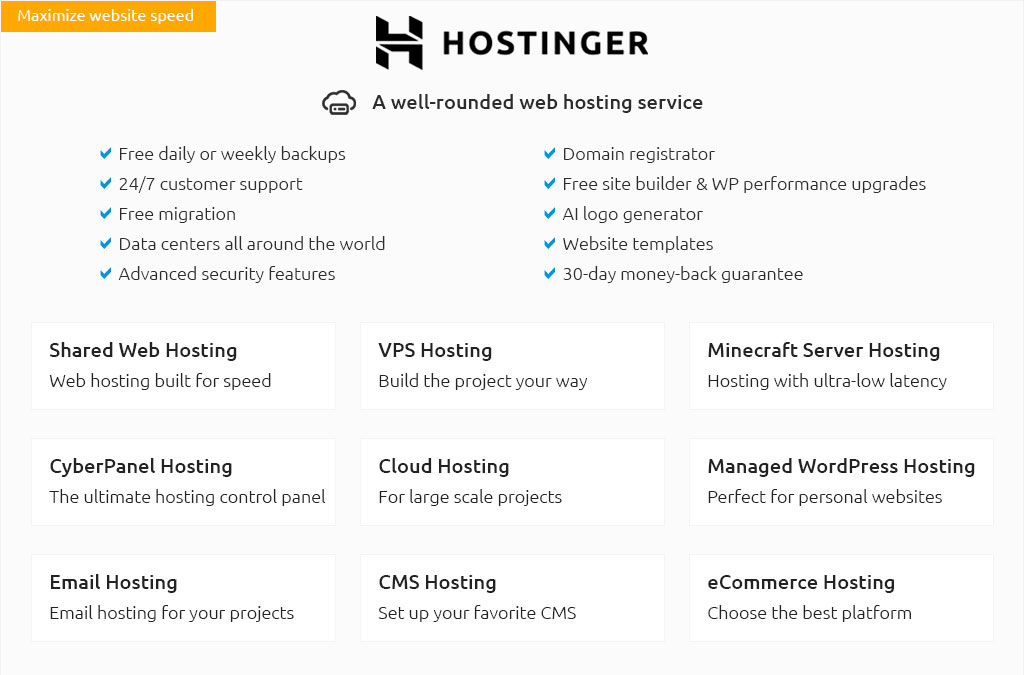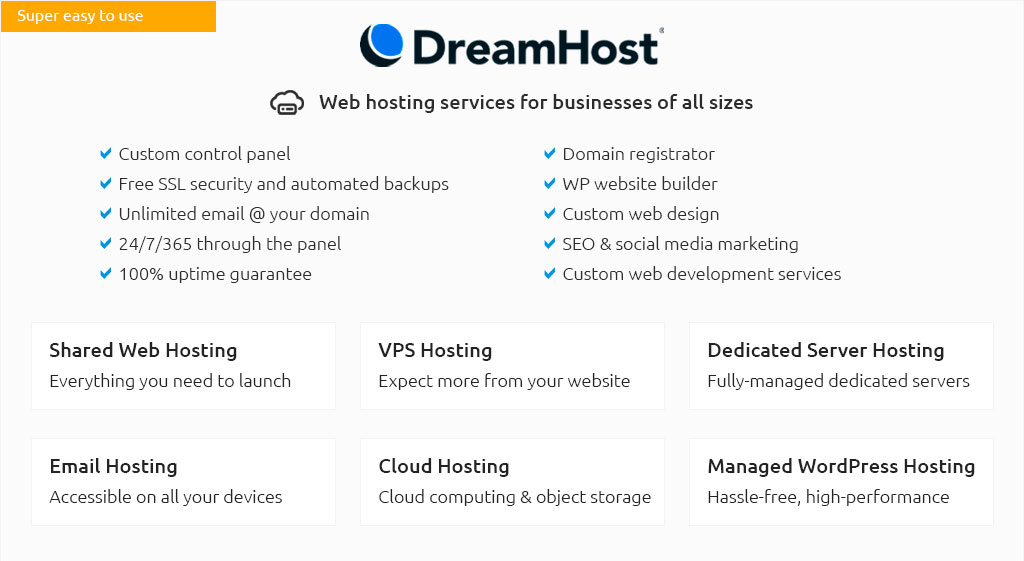 |
|||
 |
 |
 |
|
 |
|
 |
 |
 |
|||
 |
|||
 |
|||
 |
|||
 |
|||
 |
|||
 |
 |
Hosting Virtual Servers: Understanding the Pros and Cons for Your BusinessIn today's digital age, the demand for scalable and flexible server solutions is at an all-time high. Hosting virtual servers has become a popular option for businesses looking to optimize their online presence while managing costs effectively. This article explores the intricacies of virtual server hosting, helping you make informed decisions. What is Virtual Server Hosting?Virtual server hosting involves creating multiple isolated virtual environments on a single physical server. Each environment acts as a dedicated server, offering businesses the flexibility to host websites and applications without investing in additional hardware. Benefits of Virtual Server Hosting
Challenges to ConsiderWhile virtual servers offer numerous advantages, there are potential downsides:
Choosing the Right Virtual Server Hosting ProviderSelecting a provider involves evaluating various factors. The best WordPress hosting for photographers often emphasizes speed and uptime, which are crucial for image-heavy sites. Factors to Consider
FAQWhat is the main advantage of hosting virtual servers?The primary advantage is cost-effectiveness, as it allows multiple users to share the same hardware, reducing overall expenses. How do virtual servers differ from dedicated servers?Virtual servers share resources on a single physical server, while dedicated servers provide exclusive access to all resources of a single machine. Is technical expertise required to manage virtual servers?Yes, managing virtual servers typically requires technical knowledge to handle configurations and optimize performance. https://www.hivelocity.net/vps/
Hivelocity VPS servers are self-managed. In self-managed hosting, the provider grants users full control over the configuration and management of their virtual ... https://www.databasemart.com/vps-hosting?srsltid=AfmBOop-SAUY46YlITFJROHekAjrNyksaMJ3m6FQwR2j3ub_7bKUbTJ7
SSD-Based VPS Hosting with Dedicated Resources. A VPS (Virtual Private Server) is a virtual server from a partitioned dedicated server, with isolated CPU, RAM, ... https://aws.amazon.com/what-is/vps/
VPS hosting sits somewhere between shared and dedicated hosting. It is done by compartmentalizing the single physical server so each website owner perceives it ...
|